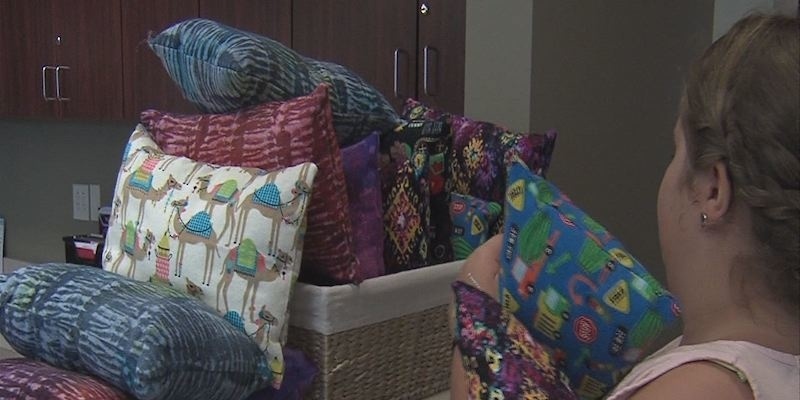How Snabbit is Building India’s First Quick-Service Home Assistance Platform
Need a helping hand at home—fast? Snabbit’s got you covered! The Mumbai-based quick-service app is shaking up home assistance with its on-demand, professional services that arrive in just 15 minutes. From cleaning to dishwashing and laundry, Snabbit is all about speed, reliability, and convenience. And investors are taking notice—the startup just secured $5.5 million in Series A funding, led by Elevation Capital, with backing from Nexus Venture Partners and angel investors like Vidit Aatrey, Sanjeev Barnwal, Gaurav Munjal, and Niraj Singh. This follows a $1 million seed investment from Nexus earlier in 2024.Founded in 2024 by Aayush Agarwal, former Chief of Staff at Zepto, Snabbit was built to tackle the everyday struggles of busy urban households. The platform connects users with trained, trusted professionals who handle essential household chores with ease. With its hyperlocal approach, Snabbit is making home services as easy as ordering a pizza!The Vision Behind SnabbitSnabbit’s core mission is to simplify urban living while creating dignified employment opportunities in the domestic services sector. According to Aayush Agarwal, India presents an immense, untapped market for high-frequency home services."We’ve focused on understanding customer pain points and building a scalable, game-changing model. The response has been incredible, with thousands of customers onboarded within a small serviceable radius—driven purely by word-of-mouth. This is just the beginning of a massive opportunity. We’re not just creating a business; we’re pioneering a new category," said Agarwal.With a background in quick commerce from his time at Zepto, Agarwal has leveraged his expertise to build a model that prioritizes both efficiency and quality. How Snabbit WorksSnabbit offers a seamless, app-based experience, allowing users to book a service expert with just a few taps. The process is simple:Book a Snabbit expert instantly or schedule for a later time.Select the duration and specific services required.The expert arrives on time, and customers share an OTP to begin the service.With a hyperlocal workforce, Snabbit ensures that professionals are trained, verified, and equipped to handle multiple household tasks efficiently. The startup also prioritizes worker welfare, offering stable income, health insurance, and accident coverage—a much-needed initiative in the traditionally fragmented home services sector.Scaling Up with Fresh FundingThe recent $5.5 million Series A funding will be used to expand Snabbit’s operations across Mumbai and enter new markets. The company also plans to scale its team and enhance service capabilities to cater to a growing customer base.Manish Advani, Vice President at Elevation Capital, praised Snabbit’s ability to provide quick, high-quality home services through a tech-driven, hyperlocal network. He mentioned that Snabbit's model distinguishes itself in the home services sector by prioritizing reliability, affordability, and speed, which are essential factors driving consumer adoption.Snabbit’s Future in the On-Demand EconomyWith urban lifestyles becoming increasingly fast-paced, the demand for instant, high-quality home services is on the rise. Snabbit’s innovative approach, full-stack model, and strong investor backing position it as a key player in India’s on-demand economy.As the company expands, it will transform how urban India handles home tasks, making daily chores seamless and hassle-free for thousands of households.

.png)






